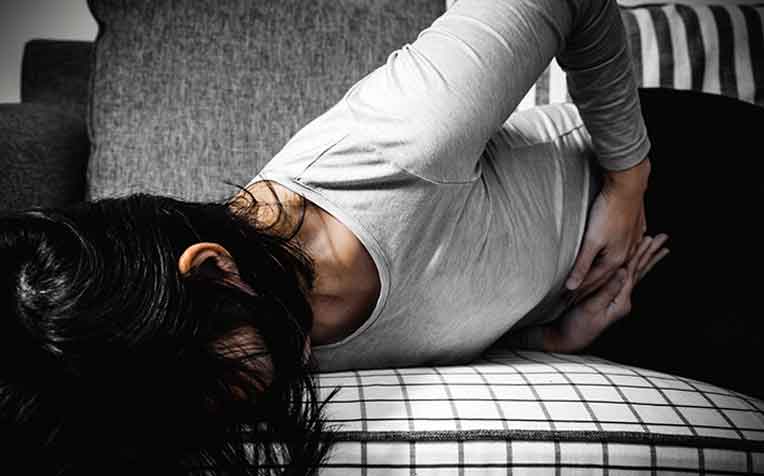
Asian women may be more prone to deep infiltrating endometriosis, the more serious form of endometriosis, than their Western counterparts. A Senior Consultant from the
Department of Obstetrics and Gynaecology at
Singapore General Hospital (SGH), a member of the
SingHealth group, explains what could be the reason for this. (iStock photo)
What is endometriosis?
In endometriosis, the lining of the womb (endometrium) appears in other places in the body and causes problems as a result. Most commonly, endometriosis occurs inside the pelvic area and attaches to the ovaries, the ligaments behind the womb, the tissue layer lining the pelvis, the bladder and ureters or the bowel.
Endometriosis can occur in minimal amounts (stage 1) through to severe amounts (stage 4). Severe endometriosis is associated with infertility, pain during menstruation, bowel movements, urination or sexual intercourse, and can even damage the kidneys
Related article:
Uterine fibroids – Types of treatment surgeries explained
Rise of endometriosis in Singapore
In 2013, 12 women underwent robotics-assisted surgery for deep infiltrating endometriosis at SGH. In recent years, the number has risen to up to 41 cases. "It's just a gut feel for now. (But) We've already tripled (the number of deep infiltrating endometriosis surgeries) at SGH," the Senior Consultant shared.
Why Asian women could be more prone to endometriosis: A possible explanation
Endometriosis appears to run in families in some cases. There is also evident that Asian women experience higher levels of bleeding than Caucasians when menstruating. "That would imply that retrograde menstruation is likely to be more common," the Senior Consultant said.
Related article:
Menstrual cramps – Best foods to help ease the pain
Retrograde menstruation is one of the likeliest explanations for endometriosis. It happens when menstrual blood containing endometrial cells flows back through the fallopian tubes and into the pelvic cavity instead of out of the body, and sticks to the walls and surfaces of organs.
Women in Singapore also tend to avoid hormonal contraceptives, unlike European women.
"Among European women, there is a higher percentage of use of oral contraceptives. (Hormonal) Contraceptives are a medical treatment for endometriosis. So they are inadvertently protecting themselves against endometriosis while choosing not to get pregnant. In Singapore, the use of hormonal contraception is lower," the Senior Consultant added.
Among the different races in Singapore, Indian women appear to be less prone to endometriosis than Chinese and Malay women.
Related article:
Endometriosis – Is there a cure? How is it treated?
--
Articles on
HealthXchange.sg are meant for informational purposes only and cannot replace professional surgical, medical or health advice, examination, diagnosis or treatment.